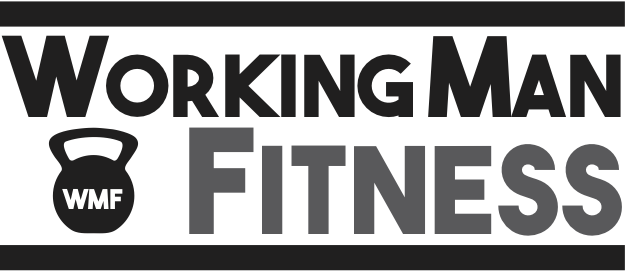Let’s get right into this, shall we? Here are some lack-of-time lies you’ll hear:
- “I don’t have enough time to plant a garden.”
- “I don’t have enough time to exercise.” ++ Most popular
- “I don’t have enough time to cook home made meals.”
- “I don’t have enough time to learn Spanish.”
The list goes on, and the “I don’t have enough time” sentence introduction is tossed around and combined with all kinds of different conclusions.
You have to MAKE time for things you want to do
First off, here are pictures of the last three presidents exercising.
These are presidents of the United States. These are people with stress so high you can watch wrinkles form in real time. Yet they MAKE time to exercise. So, people who say they don’t have enough time for exercise have to account for the fact that presidents of the United States do. (If you’re a lack-of-timer, you’re already busy making excuses about presidents–you know, they are driven around, people do their laundry, they have their own chef and doctor…)
Sometimes doing certain things means sacrifice. That means you don’t do one thing in favor of doing something else which has more long-term value. Our culture encourages the opposite behavior, which is why this is so challenging. For more on this subject, see Preya/Shreya.
Observed: Lack-of-timer Trends (Spotting Liars!)
- The first trend is TV watching. Many of these lack-of-timers are well-versed in the plot nuances and characters of many popular television sitcoms. Indeed, a conversation with some of these folks can switch from “I don’t have enough time” to “did you see how Derek’s partner was wronged on Dancing with the Stars?” in a heartbeat. Many people don’t internalize the connection between television watching and time consumption.
- The second trend is social media consumption. Lack-of-timers are often ravenous consumers of Facebook. Rather than enjoy living in the immediate surroundings, many lack of timers whip out their smartphones and log into Facebook (or email) more quickly than John Wayne can draw a pistol. Usually the smartphone is brought out at the first inkling of downtime potential. Or, we have established habits of logging into Facebook or email as a form of distraction, keeping us from increasing our productivity and doing more in less time.
- The third trend is exasperation. Many lack-of-timers will use an exasperated tone in conjunction with the “I don’t have time” statement. Sometimes, it’s not enough to simply lack time, you have to be exasperated about it as well. The intent of the exasperation is to draw out sympathy. Don’t fall for it. Instead, make an off-handed remark or pass gas to change the subject.
BONUS: Another variant of the “I don’t have time” lie is “I have NO time.” We’ve all been guilty of this, which makes us all liars. If we had no time, we’d be dead.
Correcting ‘Lack-of-time-itis’
You can rid yourself of the lying habit by simply changing the words you use. This isn’t disingenuous–it’s honest.
Here’s how it works: Instead of saying “I don’t have time,” just say, “I chose not to make time.”
- “I chose not to make time to plant a garden.”
- “I chose not to make time to exercise.”
- “I chose not to make time to cook homemade meals.”
- “I chose not to make time to study Spanish.”
With Honesty Comes Power
There is no power in “I don’t have time.” That’s an assertion. You simply don’t have time so you’ll never have time. It is for this reason that trying to convince a lack-of-timer of other possibilities is impossible. They have programmed their mind and closed off new ideas and creativity. Yeah, language is pretty powerful–and if you’re using it wrong, you shut a lot of doors.
Making a choice is powerful; submitting to a false reality (I don’t have time) is weak. I made a choice not to exercise because I was busy watching Derek on Dancing with the Stars. (Full disclosure: Derek is my favorite pro on Dancing with the Stars. In fact, he’s the only one I will watch. I don’t make any time for the others.)
When your language creates choice, your thoughts become creative. Now, the next thought can be, “But, I could have spent that time *insert other activity here*.” And with that ‘but,’ you let your mind expand and imagine the possibilities. And that’s the point–expansion, growth, becoming a better version of yourself.
* * *
So, hopefully you had a laugh about all this. But I’m serious also. “I don’t have enough <anything>” is a mental mistake. It’s flawed thinking. It shuts doors.
Whether you’re referring to time or money or health, “I don’t have enough” is a hard stop that prevents thinking. Like all thinking and speech, this thought construction could be pervasive in your life and require a lot of awareness to change.
One response is to say, “Not me–I don’t do that.” The other response is to spend a week and pay attention to what you say. You’ll catch yourself asserting all sorts of things–and programming your mind in all sorts of ways. The question must be asked: “Is my language helping me? Or hurting me?” If you pay attention, you get to choose.

